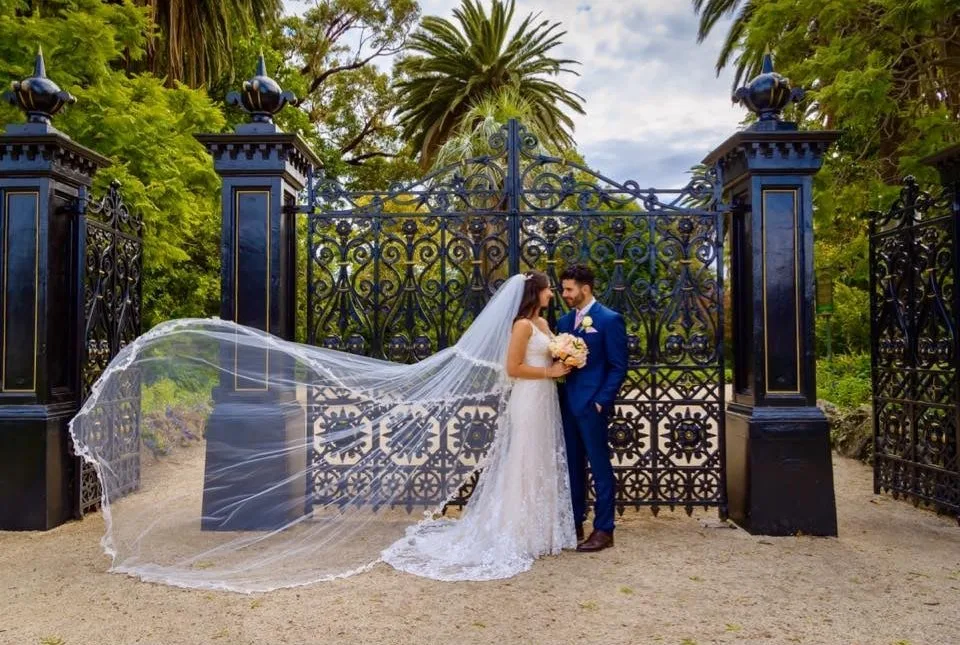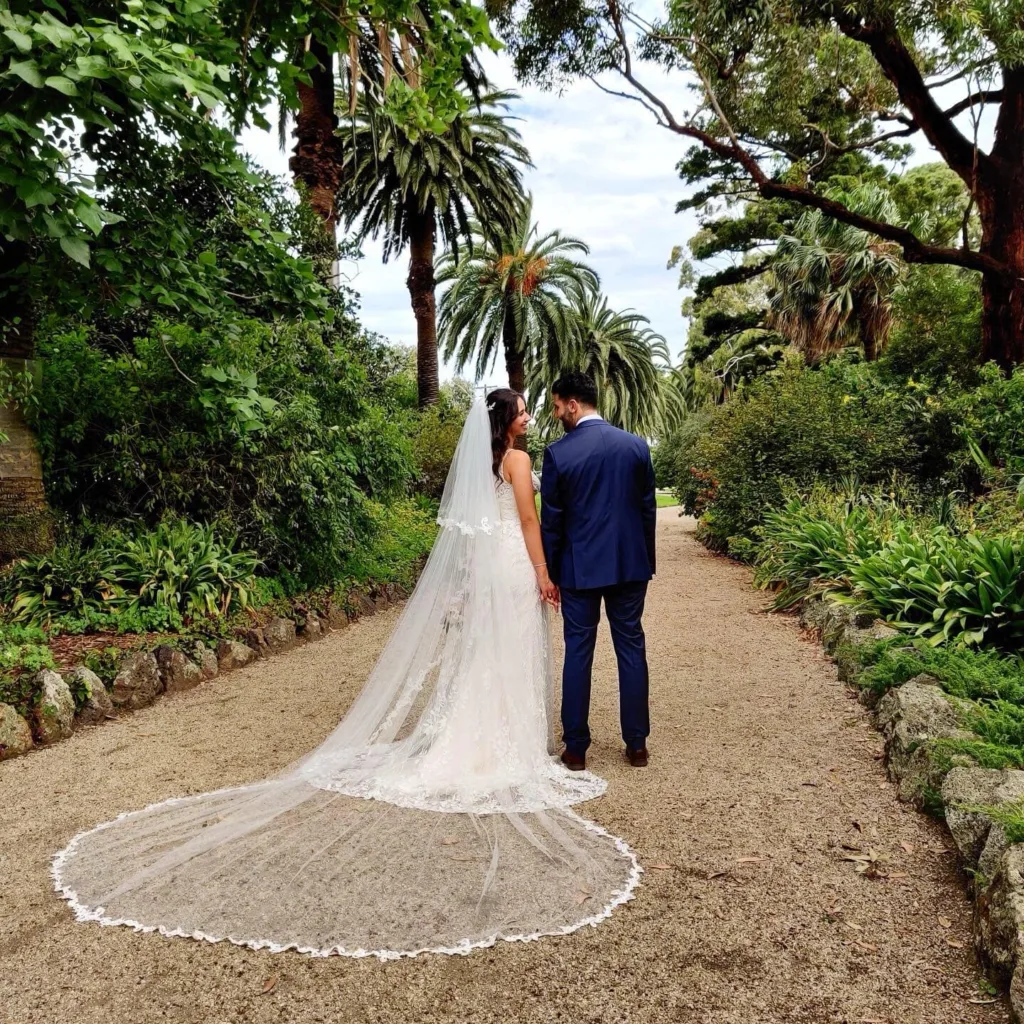Many Greeks shudder when they hear the word ‘proxenio’ (matchmaking). Visions of arranged marriages or being forced on an awkward date with a friend might spring to mind.
While the matchmaking tradition may not be as common today, it still appears in various forms in our dating world.
Many opt to swipe left or right on dating apps rather than meet people ‘naturally.’ Dating apps can be an easier option and may remove the uncertainty that can occur during in-person interactions.
When there may not be a friend or a family member taking on the role of ‘matchmaker’ and setting you up on a date, dating apps like Hinge, Tinder, and Bumble become the matchmaker. They use algorithms designed to pair people with similar interests, goals, and ultimately based on whether they find each other attractive. It might not be an arranged marriage, but it is certainly a modern interpretation of the proxenio.
NYC-based personalised matchmaking service Agape Match is led by CEO and matchmaker Maria Avgitidis. Having built quite a social media presence, Maria—better known as ‘Matchmaker Maria’—gives daily dating advice to her followers and each Wednesday answers personal questions sent in by them.
Maria describes herself as having “successfully combined four generations of family matchmaking tradition with modern relationship techniques.” Having come from a long line of matchmakers, her matchmaking skills are used by people in the NYC Metropolitan Area. Agape Match’s website shares they are proud they have a “success rate of 93%.”
Agape Match removes the mystery behind dating and helps match couples based on personality traits and compatibility. With services like this available, as well as other dating apps where people can take their dating lives into their own hands (with the help of the algorithm of course), matchmaking now presents itself in all shapes and forms.

Matchmaking caught Melbourne couple Carissa and Nikola K. by surprise when a mutual family friend played matchmaker and organised for them to meet. They have been together for 10 years and married for five. Here’s their story, told from Carissa’s perspective:
“My Godmother, who was also friends with Nikola, had a Godmother’s intuition that we would be a good match! … My Godmother showed me a video that she captured of Nikola chanting a hymn on a parish bus outing (yes, as in church-chanting) and I was left somehow blushing and intrigued. Nikola was also left interested by the image my Godmother showed him of me…
On my 18th birthday… my Godmother organised to meet me in the city for brunch. Low and behold, without providing me with much more than a few hours’ notice, she also invited my future-husband Nikola to the brunch! As I tapped off my Myki at Flinders Street Station and met them both under the clocks, it was surprisingly obvious to us both that we had an immediate connection. So much so, that my Godmother left us both within 30 minutes of breakfast as she ended up third-wheeling us both. The rest is history!”
Referring to the idea of the proxenio, Carissa and Nikola said that “the tradition of the proxenio has been looked down upon by the modern generation for obvious reasons—namely that it seems old-fashioned, and… soon-to-be-married couples were not provided with the opportunity to meet or date one another before the wedding day.”
Carissa and Nikola hope their love story is a “testament to the fact that the ‘proxenio’ concept in the modern day is still possible and has its place, especially when the mutual friend of both parties has the best interests in mind for the couple.”

Matchmaking through dating apps removes the mutual connection of meeting through friends or family.
Carissa shared how “the proxenio process can personalise the connection. It’s real, potentially safer, will be less likely to create instances of catfishing.”
The modern day proxenio and matchmaking through friends and family means the person you might be set up with is known to your loved ones, who have presumably already checked that they are interested in developing a relationship.
Carissa said “what’s better than getting to know someone who you already know is trustworthy, potentially good-looking and has similar family values?”
While we have come quite a long way from arranged marriages and the traditional forms of the proxenio, there are hidden ways the matchmaking tradition remains in our society. For some, the thought of a “nouna” getting involved in their love life may be a nightmare, for others it can set the stage for bliss. And then there are many who are happy to sit on their couch, swiping left or right based on a hairstyle.
Whether you have help from a robot or an enthusiastic family member, matchmaking can spark a new beginning.
